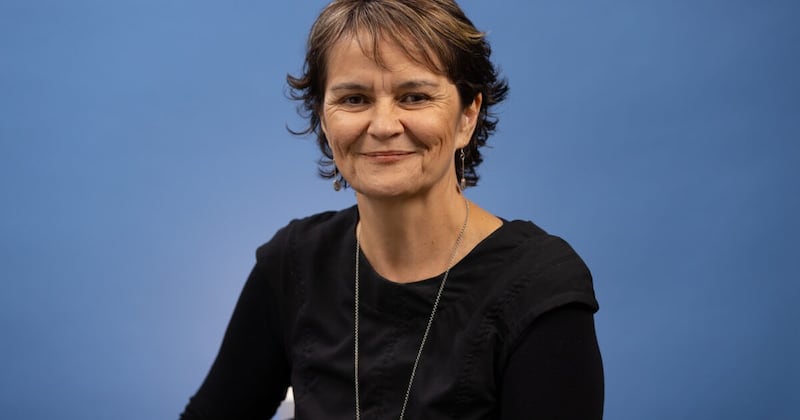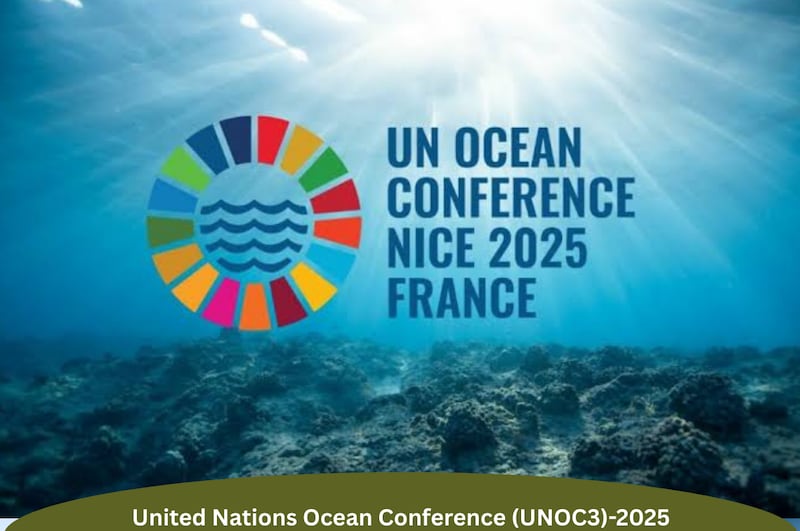Linda Faulkner (Te Kāhui Maunga, Whanganui) is NIWA’s Chief Scientist of Māori Environmental Research and the Natural Sciences Commissioner for the NZ National Commission for UNESCO. She’s currently in Nice, France, attending the United Nations Ocean Conference (UNOC3).
Faulkner hopes to strengthen the integration of Indigenous knowledge and science to protect the moana and build a lasting legacy beyond the UN Decade of Ocean Science.
A key focus of the conference is advancing and sharing ocean science, particularly at the One Ocean Science Congress.
She’s driven to stand alongside other Indigenous leaders on the global stage to ensure a meaningful and equal role in ocean stewardship.

“We really advocate on these sorts of global stages for the bringing together of the knowledge and discoveries of modern science alongside the wisdom and practice of our tūpuna to achieve something greater than science alone can achieve,” Faulkner said.
Mā rau ringa te mahi e oti ai
Faulkner is co-facilitating a dialogue aboard a research vessel alongside representatives from Canada and the Pacific. Together, they’ll share their aspirations for their relationship with the moana and help shape the next five years of the UN Decade of Ocean Science (2021–2030), with a focus on building a legacy beyond it.
In Aotearoa, she says Māori-led research is addressing issues such as restoring mussel beds, tackling biosecurity, and exploring ways to capture carbon in the ocean — a natural carbon sink.
Faulkner previously served as Manahautū for the Sustainable Seas National Science Challenge, a decade-long initiative supporting healthy marine ecosystems. The project wrapped up last year with the launch of Tohorā, an AI-powered tool that summarises findings from 450 contributors, including ecologists, mātauranga Māori experts, economists, lawyers, and social scientists.

“Science has to be more than just data held in a database somewhere, more than just science publications,” Faulkner explained.
“It’s got to be results and outputs from research that are accessible for whānau to pick up, understand, and utilise.”
A major outcome of the conference will be the Nice Ocean Action Plan, which supports the implementation of Sustainable Development Goal 14, to conserve and sustainably use the ocean, seas, and marine resources for sustainable development.
The Action Plan comes ten years after the signing of the Paris Agreement at COP21, a legally binding international treaty on climate change. Like its predecessor, the Nice Agreement aspires to establish a similarly binding commitment for ocean protection.


